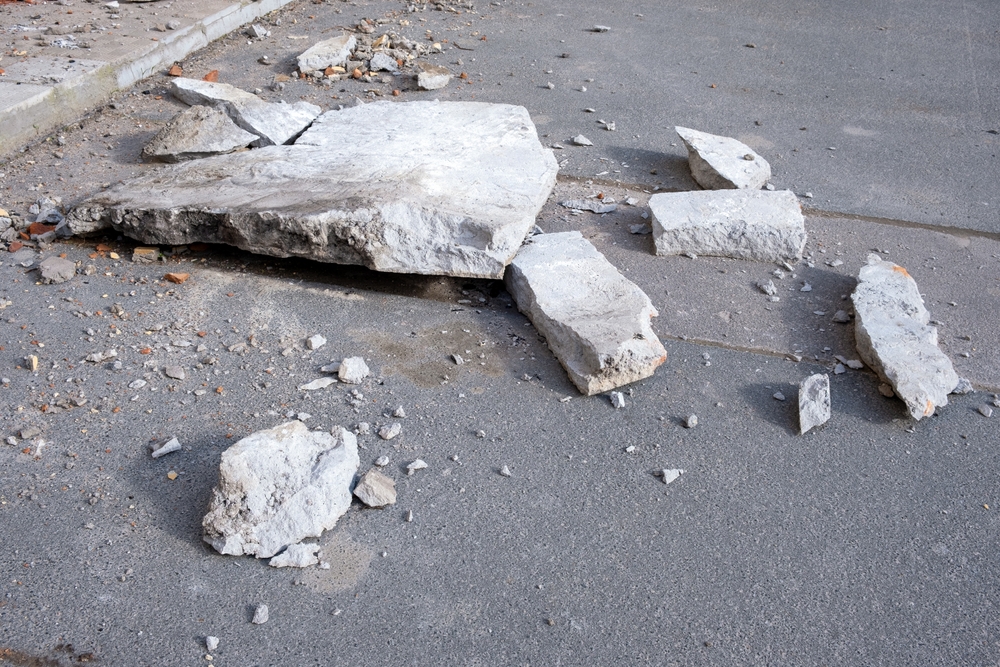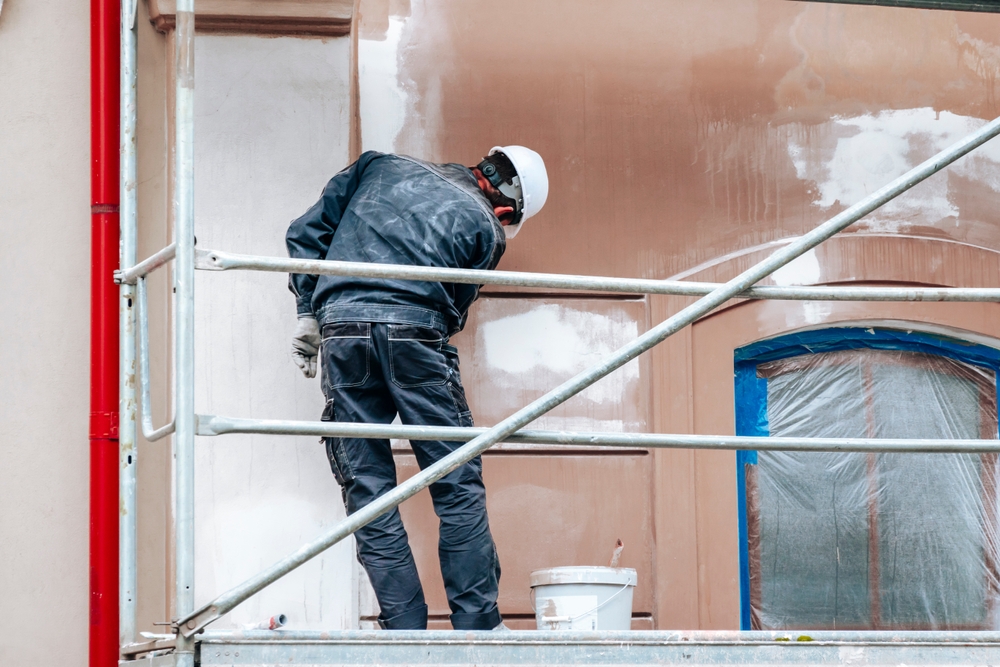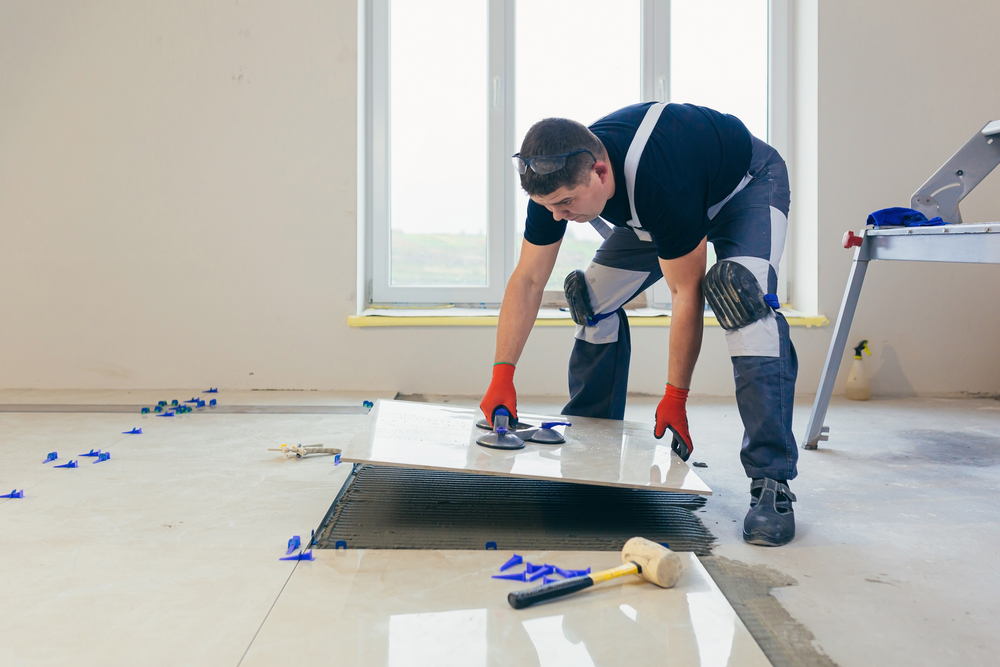April 3, 2024 - Benjamin Ehinger
Water Heater Disposal: A Guide to Safe and Eco-Friendly Practices
CALL NOW 844-762-8449
Disposing of an old water heater can be a task that many homeowners face infrequently, but it is significant both for household safety and environmental responsibility. Whether your water heater has reached the end of its life or you’re upgrading to a more efficient system, knowing how to handle the disposal of the large, bulky appliance is crucial. In many areas, simply putting the water heater out with the trash is not an option due to local regulations and the potential for recyclable materials.
When it comes time to dispose of your water heater, it’s important to consider environmentally responsible options. This may include recycling programs that accept metals and other materials from water heaters, as well as services that can safely remove and dispose of the unit. Eco-friendly disposal ensures that your water heater does not contribute to landfill waste and that valuable resources are recovered. Preparing your water heater for disposal, such as draining the tank and disconnecting it from your plumbing system, is an important step in the disposal process that ensures safety and compliance with disposal or recycling guidelines.
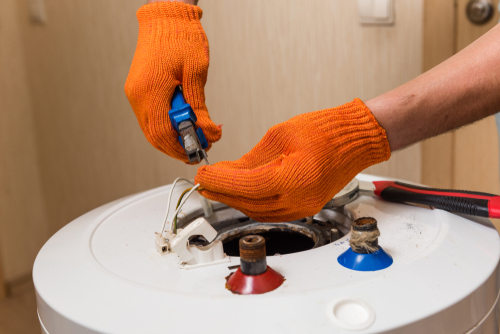 Before you can dispose of your old or broken water heater, specific steps are necessary to ensure a safe and efficient removal process. These steps are critical whether you’re transporting the water heater to a recycling center or preparing it for a disposal service.
Before you can dispose of your old or broken water heater, specific steps are necessary to ensure a safe and efficient removal process. These steps are critical whether you’re transporting the water heater to a recycling center or preparing it for a disposal service.
When disposing of your old water heater, it’s important to consider the environmental impact. Responsible recycling ensures that materials are reprocessed, reducing the need for new resources and minimizing landfill waste.
Key Takeaways
- Proper disposal of water heaters is both a safety and environmental concern.
- Recycling options for water heaters often involve recovering metals and reducing landfill waste.
- Preparation for disposal includes draining and safely disconnecting the unit.
Understanding Water Heater Disposal
When disposing of your old water heater, it’s essential to consider both safety measures and the environmental impact. Proper disposal ensures safety and supports eco-friendly practices.Safety Precautions
Before You Begin: Ensure the power supply to your water heater is completely shut off to prevent any risks of electric shock or gas leaks. If you’re dealing with a gas water heater, also turn off the gas supply valve to avoid any potential hazards.- Drain the Tank: Connect a hose to the drain valve at the bottom of the water heater to empty all the water. This step reduces the risk of water spills and makes the unit lighter and safer to handle.
- Protect Yourself: Wear adequate protective gear, such as gloves and safety glasses, to shield yourself from sharp metal edges during the disposal process.
Environmental Impact
- Recycling: Take your old water heater to a recycling facility where metal components can be repurposed. Not only is this an eco-friendly option, but it also helps reduce the amount of waste sent to landfills.
- Energy-Efficiency: Consider replacing your old unit with an energy-efficient model. This move not only lowers your carbon footprint but can also reduce energy costs in the long run.
Disposal Options
When your water heater reaches the end of its life, you have several options for disposal. These include local recycling programs, donation opportunities, and hiring professional removal services. Each of these options is a responsible way to handle your appliance, ensuring environmental safety and possibly aiding those in need.Local Recycling Solutions
You can take your old water heater to a recycling center that accepts scrap metals. Before you do so, ensure the tank is completely drained. Some recycling centers might have specific requirements, so it’s best to call ahead and confirm their policies.Donation Opportunities
If your water heater is still functional, consider donating it to a charity or an individual in need. Organizations like Habitat for Humanity often accept working appliances. Remember to clean and prepare the heater for donation, and check with the organization for their acceptance criteria.Professional Removal Services
For convenience, you can choose to rent a local dumpster, especially if you have other things to toss out. A junk removal service can also be useful if transportation or lifting heavy objects is a concern. These companies specialize in the safe and eco-friendly disposal of appliances including water heaters, and may offer recycling or donating as part of their services.Preparing Your Water Heater for Disposal
 Before you can dispose of your old or broken water heater, specific steps are necessary to ensure a safe and efficient removal process. These steps are critical whether you’re transporting the water heater to a recycling center or preparing it for a disposal service.
Before you can dispose of your old or broken water heater, specific steps are necessary to ensure a safe and efficient removal process. These steps are critical whether you’re transporting the water heater to a recycling center or preparing it for a disposal service.
Draining the Water Heater
First, you’ll need to drain the water heater to remove all the water from the tank. This will make it much lighter and easier to transport. To do this:- Ensure all power sources to the heater, including gas and electricity, are completely shut off.
- Connect a garden hose to the drain valve located at the bottom of the heater.
- Direct the hose to a safe drainage area where the water can be disposed of without causing any damage or inconvenience.
- Open the drain valve, allowing the tank to empty. You may also need to open a hot water faucet to enable air to enter the tank and allow the water to flow freely.
Detaching Connections
After the tank is empty, proceed to disconnect the water heater:- For a Gas Water Heater:
- Turn off the gas supply valve.
- Disconnect the gas line from the heater using a wrench.
- Ensure to cap the gas line to prevent any leaks.
- For an Electric Water Heater:
- Ensure the power to the unit is turned off at the breaker.
- Disconnect the electrical supply lines.
- Close the shut-off valves for both the hot and cold water lines.
- Disconnect the cold water inlet pipe and hot water outlet pipe. Use a pipe wrench if necessary.
- If the heater is secured with bolts or screws, remove these as well.
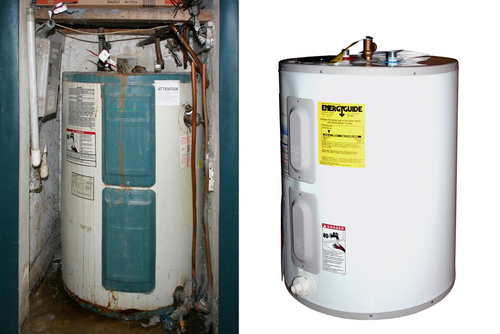 and Environmental Responsibility
and Environmental Responsibility
When disposing of your old water heater, it’s important to consider the environmental impact. Responsible recycling ensures that materials are reprocessed, reducing the need for new resources and minimizing landfill waste.
Finding a Recycling Center
To recycle a water heater, start by locating your nearest recycling center. These facilities specialize in handling bulk waste collection and can guide you on how to properly prepare your water heater for recycling. Several resources are available to help you find a center:- Local waste management websites often list recycling locations.
- Search for “water heater recycling near me” to find specific centers that accept these items.
Scrap Metal and Water Heater Recycling
The components of your water heater can be valuable in metal recycling. Centers often accept these items and recover metals like steel, copper, and brass for reuse. To recycle your water heater as scrap metal:- Ensure it is completely drained of water.
- Disconnect all power sources and remove any non-metal components advised by your local recycling center.
- Deliver your unit to the chosen center, or arrange for a bulk waste collection if available.
Frequently Asked Questions
This section addresses common inquiries about disposing of your water heater, covering disposal options, costs, recycling for profit, retailer services, and specifics for residents in major cities like NYC, as well as maintenance tips for water heater longevity.What are the options for water heater disposal?
Your options for water heater disposal include recycling centers, municipal pick-ups, junk removal services, and, in some cases, returning it to the retailer.Is there a cost associated with water heater disposal, and how can it be calculated?
Yes, there may be a cost involved. This can vary based on the method you choose; some recyclers charge by unit, while junk removal services may price based on volume or required labor.Are there any home improvement retailers that offer water heater disposal services?
Certain home improvement retailers provide disposal services, sometimes as part of the installation service for a new water heater; check with your local store.Can I recycle my old water heater for monetary gain, and what are the potential rewards?
Recycling your old water heater at a scrap metal facility can offer monetary gain, contingent on the current prices for steel, copper, and other metals.What is the process for disposing of a water heater in a major city like NYC?
In major cities such as NYC, you must follow specific guidelines set by the city’s waste management department, such as making an appointment for a special pick-up or transporting it to a designated drop-off site.Is regular draining necessary for maintaining a water heater, and what are the benefits?
Regular draining of your water heater helps remove sediment, improving efficiency and extending its lifespan, which is especially important in regions with hard water.RECENT BLOGS
Our Reviews
Glenda Lanier Prowell
1721758635
I have ordered an 11 yard dumpster to be delivered to my house.Lonier was extremely helpful and answered all my questions. The rate was very reasonable.
Cedric Smikle
1721660395
Amber was extremely professional and courteous. She answered all of my questions and even some that I didn’t know I needed to ask.
Cait Kaider
1721243051
I highly recommend Waste Removal USA for their responsiveness and how the staff work hard to provide exceptional customer service. They have done well by us and our clients. Thank you!
Easom Family
1721223306
Louiner Pierre-Louis Is awesome! Did a great job. Will definitely be using this same company for all my dumpster needs because of his awesome customer service! Thank you!!!
tabitha Vazquez
1720539988
Wonderful and fast customer service!
LATEST BLOGS



